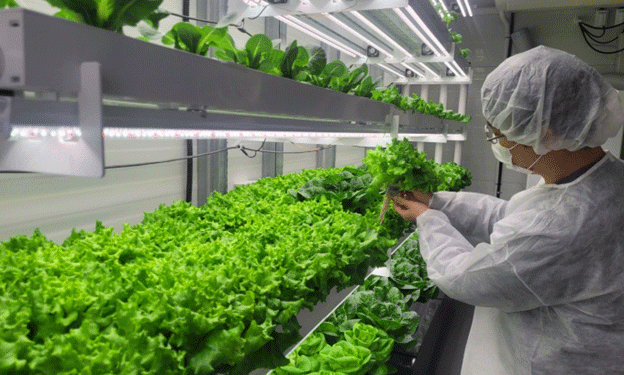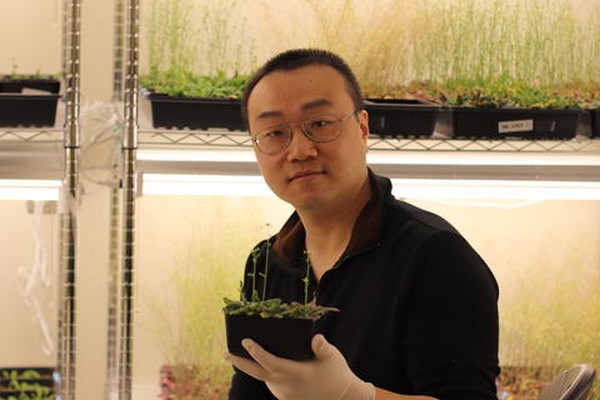In 2025, Goyang City is spearheading a series of progressive agricultural policies aimed at revolutionizing the farming sector through technology, sustainability, and localized production. The city’s new agricultural agenda focuses on expanding smart farming, bolstering the local food market, and enhancing the competitiveness of its floral industry—all while prioritizing environmental sustainability.
A Significant Investment in Agricultural Infrastructure and Technology
This year, Goyang City is investing a staggering 190 billion KRW in agricultural support programs. These funds will be directed toward around 140 different agricultural projects, including direct subsidies, infrastructure improvements, and disaster prevention measures. This large-scale financial commitment is designed to strengthen the safety nets for local farmers and ensure that agricultural production systems are more resilient to future challenges.
One of the key initiatives is the expansion of smart farming technologies. With 16 billion KRW allocated to vertical farming projects, Goyang aims to revolutionize how food is produced within urban spaces. The introduction of AI technology in breeding and livestock management, specifically for Hanwoo cattle (a premium breed of Korean beef), will further increase productivity while reducing environmental impacts. This will help local farms to not only improve their economic stability but also meet growing consumer demand for sustainable, high-quality products.
Enhancing Food Security with Local Produce
Another focal point of Goyang’s agricultural strategy is the promotion of local food markets. With the growing demand for farm-to-table experiences, expanding the local food market is critical for supporting regional agriculture and reducing reliance on imported goods. Goyang’s investment in local food initiatives includes the expansion of marketplaces that focus on locally grown produce, ensuring that consumers have access to fresh, safe, and sustainably grown food.
The city is also focusing on the development of high-quality, low-carbon agricultural practices. The establishment of a carbon-conscious production zone for the production of “Kawaji 1-ho” premium rice is one example. This initiative will promote the use of environmentally friendly farming techniques, such as reduced pesticide use and optimized water management practices, helping to reduce the carbon footprint of agricultural operations.
Strengthening Agricultural Competitiveness and Sustainability
To ensure the competitiveness of its agricultural sector, Goyang City is committed to the modernization of its flower industry. With an emphasis on innovation and efficiency, the city is looking to strengthen the value chain from production to distribution, ensuring that its flower industry remains competitive in both domestic and international markets.
Moreover, Goyang is also promoting animal-assisted therapy programs, integrating livestock into therapeutic settings to offer benefits not just in agriculture, but also in mental health and community well-being. These programs will connect farming with societal healing, blending the roles of agriculture in providing food and serving social needs.
Enhancing Safety and Quality in Agricultural Production
Goyang City is putting significant emphasis on the safety of agricultural products. By increasing investments in soil, pesticide residue, and agricultural water safety management, the city aims to ensure that products grown in Goyang are of the highest quality and free from harmful chemicals. This safety enhancement will address consumer concerns and open doors for higher market value for Goyang’s agricultural products.
Goyang City’s comprehensive agricultural policies reflect a forward-thinking vision that integrates modern technology with sustainable practices. By investing in smart farming, local food markets, and improved infrastructure, the city is ensuring that its agricultural sector is not only resilient but also able to meet the challenges of the future. This strategy will pave the way for more efficient, environmentally friendly, and economically viable farming practices, benefiting local farmers, consumers, and the broader agricultural community.












